The recently adopted legislative package, which tightens the fight against illicit drug use and trafficking, lays a new foundation for Hungary’s drug policy and sheds new light on the significance of the International Day Against Drug Abuse and Illicit Trafficking. Viewed through a societal lens, these changes are not only justified but necessary steps toward a more orderly, safer and health-conscious society, Kristof Teglasy said. He highlighted that the International Day Against Drug Abuse, officially established by the UN in 1987, aims to raise awareness of the global social and health impacts of drug use. In Hungary, this day has traditionally focused on prevention, disseminating information and boosting awareness, with NGOs, schools, healthcare institutions and government bodies organizing events to reach young people and grow public consciousness.
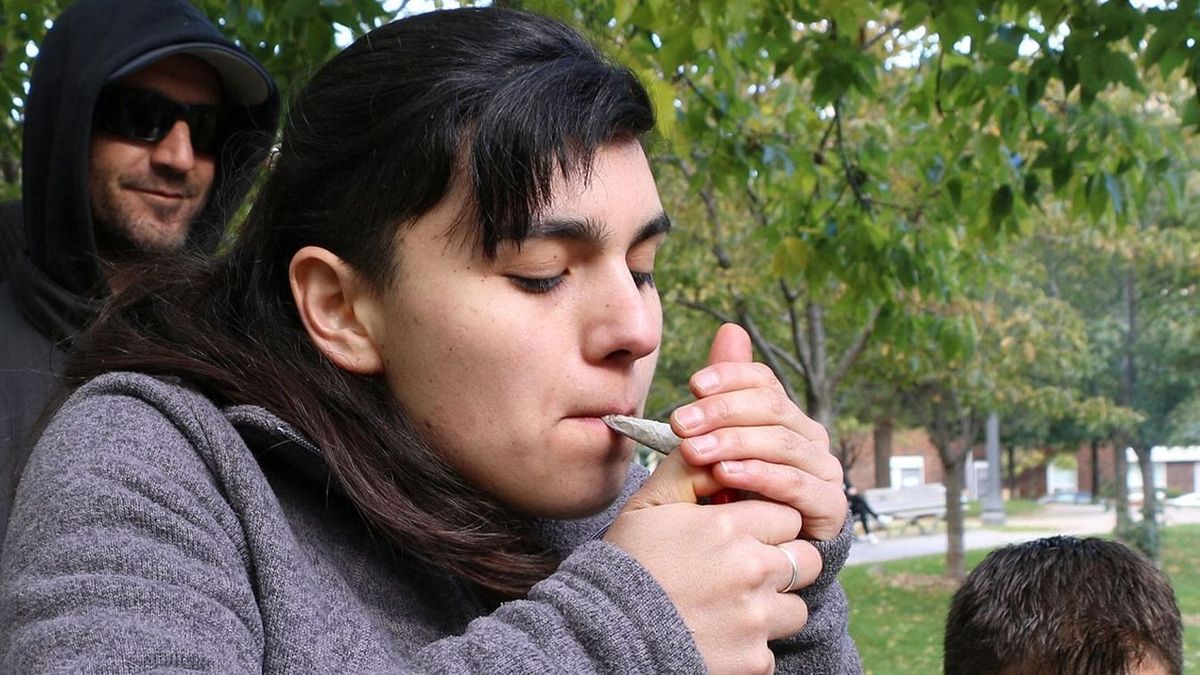
Anti-Drug Day's Significance
Held annually on June 26, this international day [officially shortened as World Drug Day, but Anti-Drug Day in Hungary - ed.] plays a key role in drawing society’s attention to the dangers of drug use.
It provides an opportunity for collective action against illegal drug distribution and consumption, and for promoting healthy lifestyles, especially among youth.
One of the main benefits of the stricter laws is that they clearly define socially acceptable norms and the consequences of violating them. The focus shifts to upholding the law, maintaining public order, and protecting the safety of the community. In this context, drug use is not just a personal lifestyle issue, but one that affects the user’s family, workplace, school and broader social circles. As Teglasy noted, it is a public safety and health issue of general interest.
The laws aim to prevent drug use, not just punish it, by sending a clear message of zero tolerance.
This is especially important for young people, who need guidance for responsible life choices. Legal clarity and consistent enforcement contribute to social stability — but the government also offers a second chance to young people who cooperate. Those who participate in a diversion program can avoid all legal consequences; their record is wiped clean.

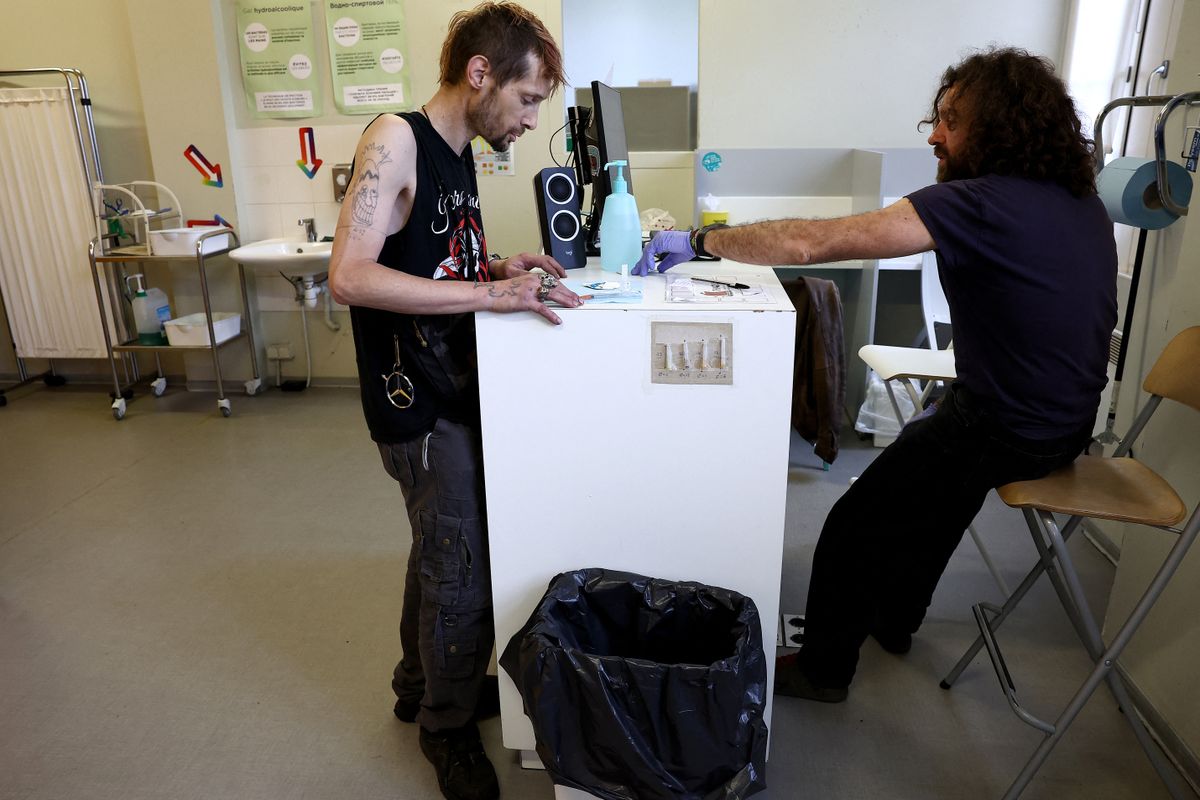
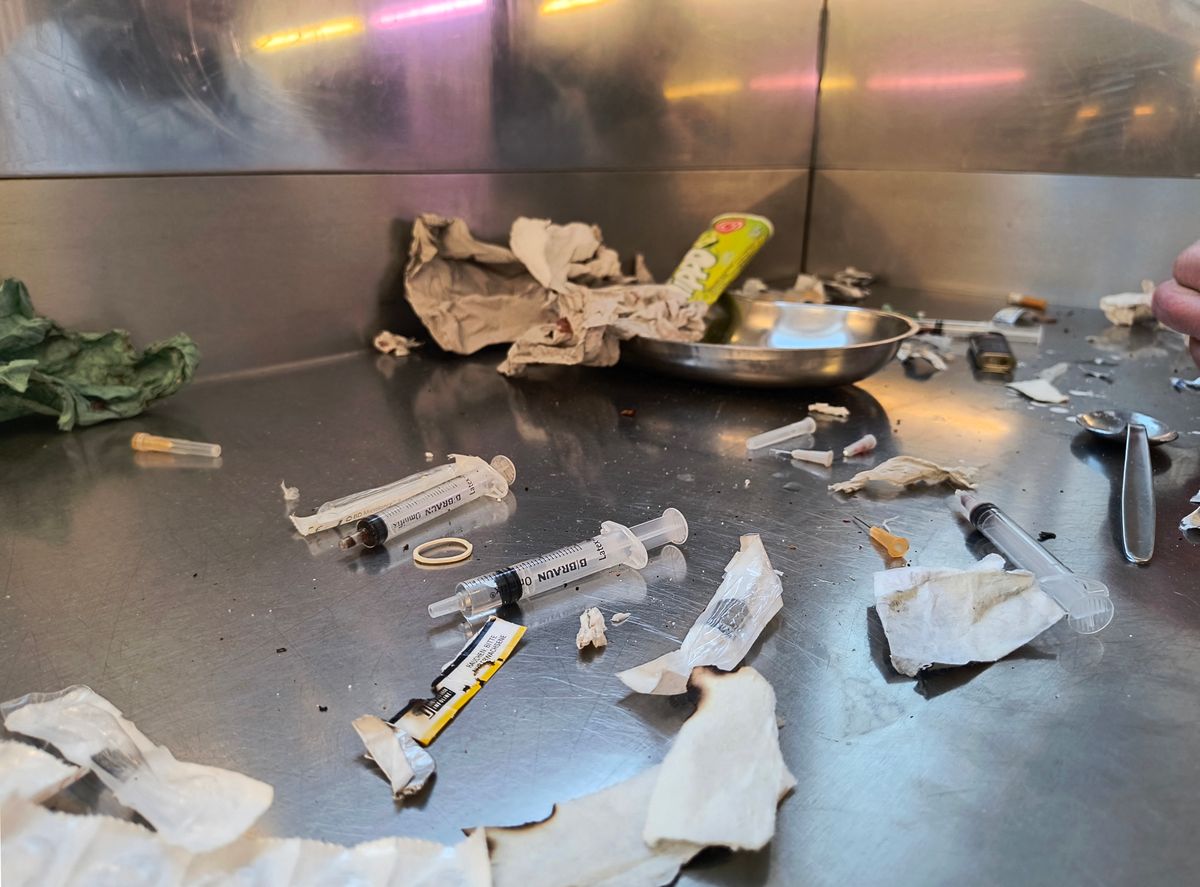







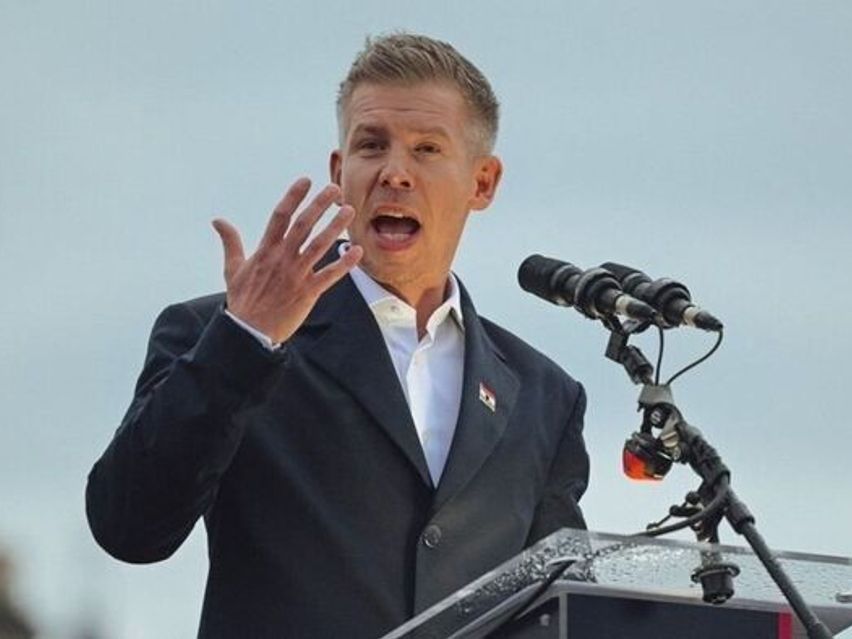


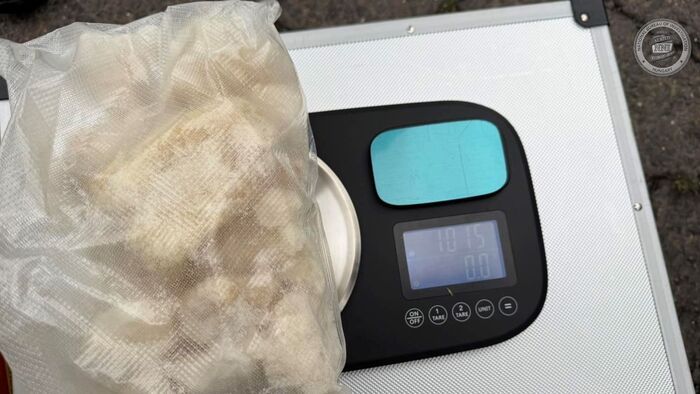
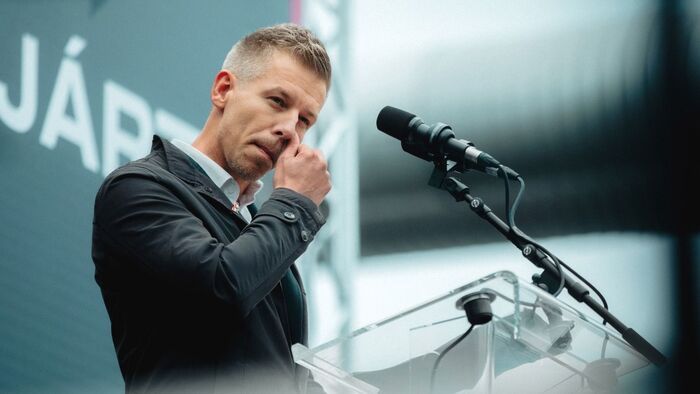
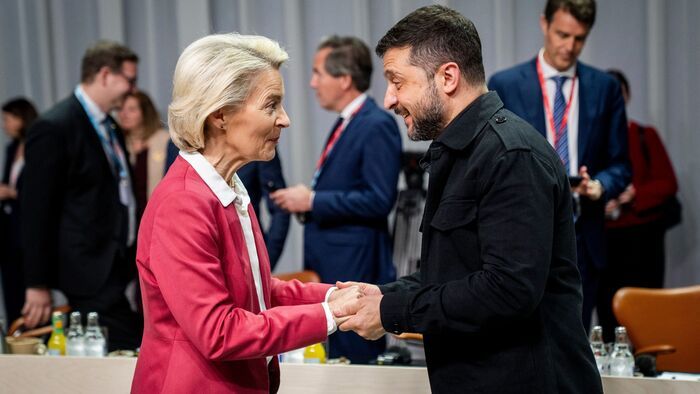
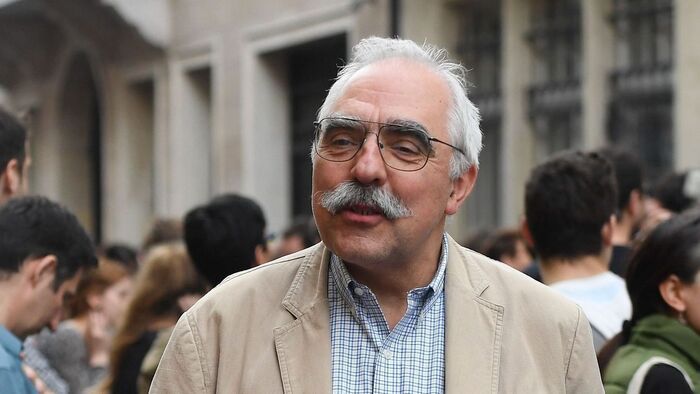


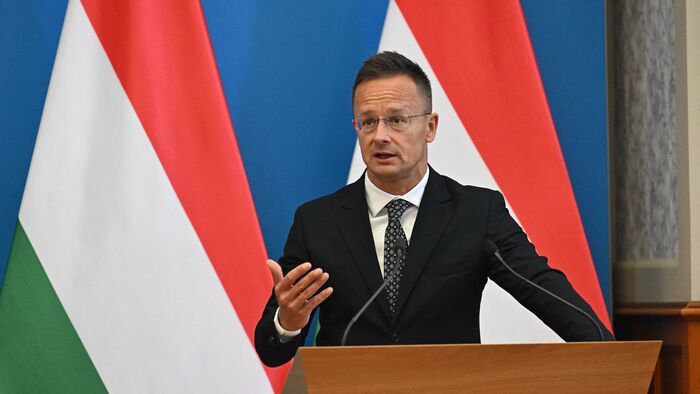





Szóljon hozzá!
Jelenleg csak a hozzászólások egy kis részét látja. Hozzászóláshoz és a további kommentek megtekintéséhez lépjen be, vagy regisztráljon!